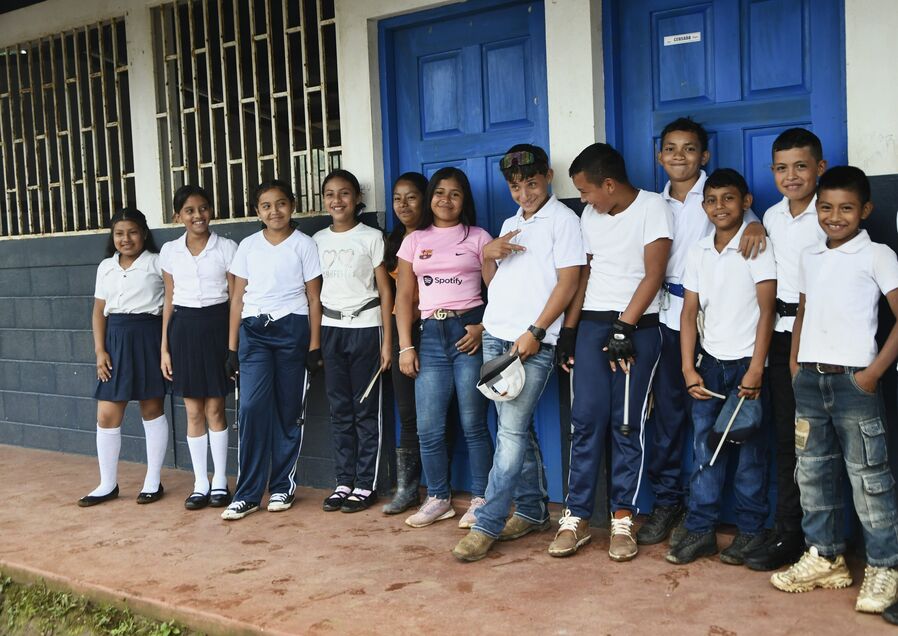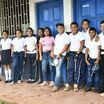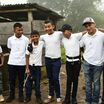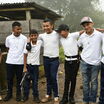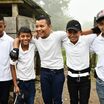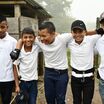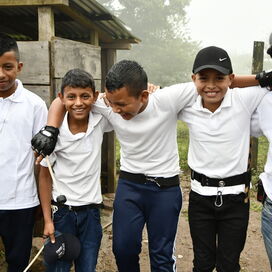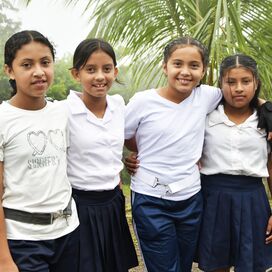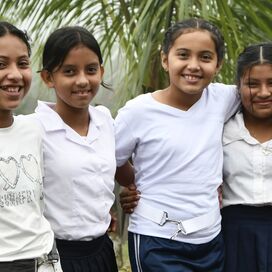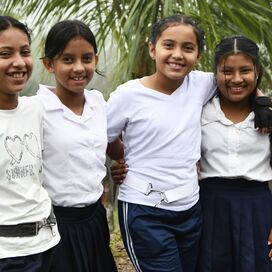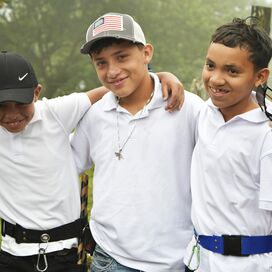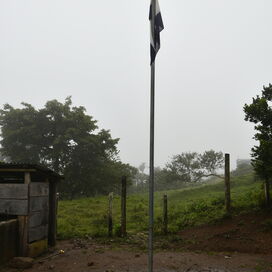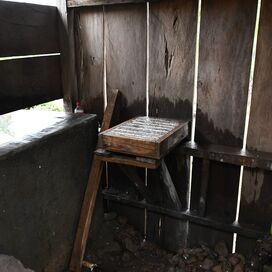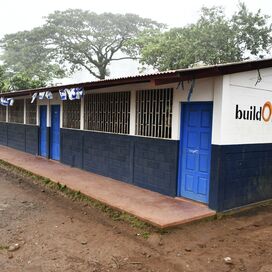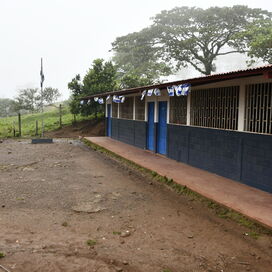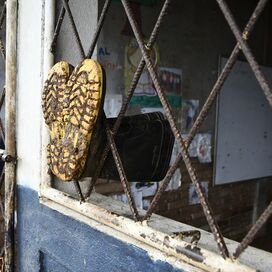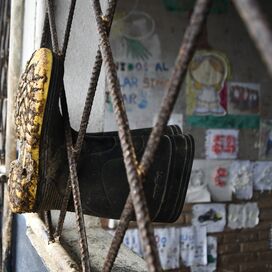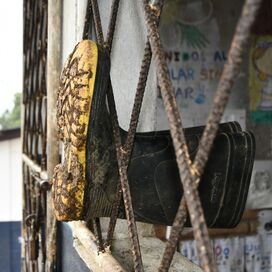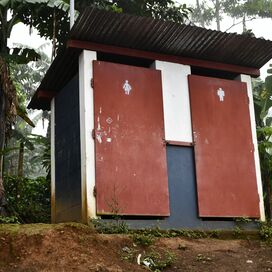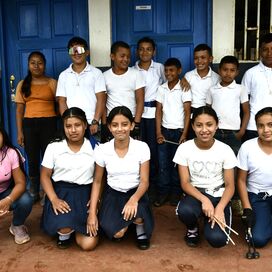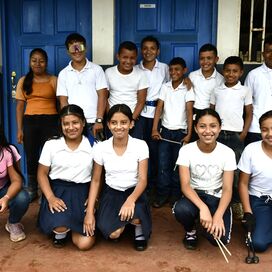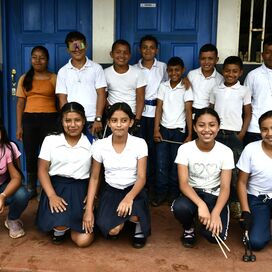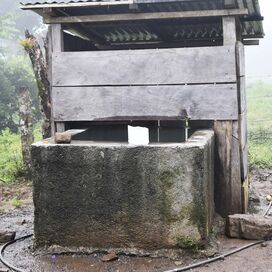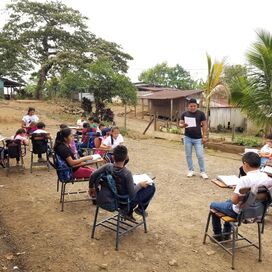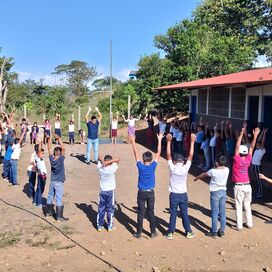Guano Kaskita Simon Bolivar
Normally, there would be three teachers: one for kindergarten, another for first and second grade, and a third for third through sixth grade. However, because one teacher became seriously ill, the other had to take over all groups. This situation makes teaching more challenging, so the children must work twice as hard to pay attention and keep up with their lessons.
According to the teachers, some students come from communities up to two hours away. “Those who live nearby walk 20 minutes; those farther away, up to two hours, to get to school,” they explain.
We believe all people deserve clean water, safe sanitation, and the knowledge to sustain it for future generations. Our implementing partner, El Porvenir, partners with the people of Nicaragua so that they can build a better future for themselves through the sustainable development of Water, Sanitation, and Hygiene (WASH) education projects. They also take it a step further with their watershed management program, which promotes water flow, increases food security, and reduces the impact of climate change. Clean drinking water for all Nicaraguans, no matter how remote or how bad the road is, is at the core of everything they do.
Nicaragua is the second-poorest country in the Western hemisphere. In a country where 37% of rural people have no safe drinking water (UNICEF) and 47% of the forest cover has disappeared over the last 50 years (UN Food and Agriculture Organization), these water, sanitation, and reforestation programs are a critical way to improve the living standards of the rural poor while conserving environmental resources. El Porvenir works in remote rural villages that lack access to most basic services and are too small to receive assistance from other organizations. In general, communities are formed of subsistence farmers or day laborers who live in extreme poverty, surviving on $35-70/month.
H2O for Life partners with experienced NGO organizations around the world that build and support clean water, sanitation, and hygiene education projects in schools. These NGO partners cover half the total cost of every project funded through H2O for Life.
When students raise money for a project, 90% of the funds go directly to the project, and 10% supports the work that makes the project possible. This includes choosing trusted partners, managing funds responsibly, checking on projects, and reporting back so students can see the impact of their work.
This helps ensure every project is done well, stays sustainable, and truly changes lives.
In rare situations, we reserve the right to reallocate funds to alternate project(s).
Questions? Ask us at 651-756-7577 or info@h2oforlifeschools.org.
